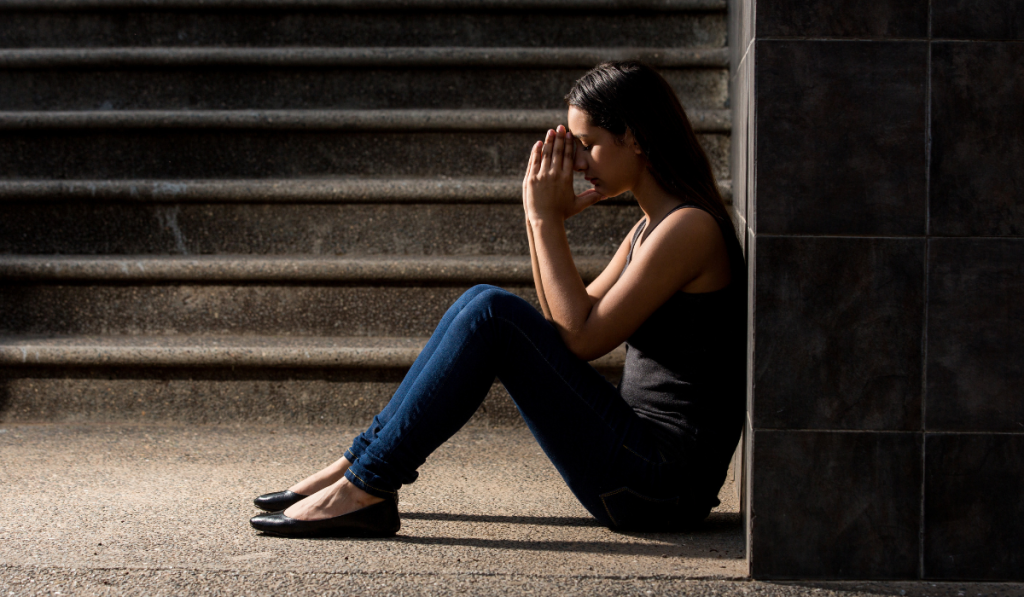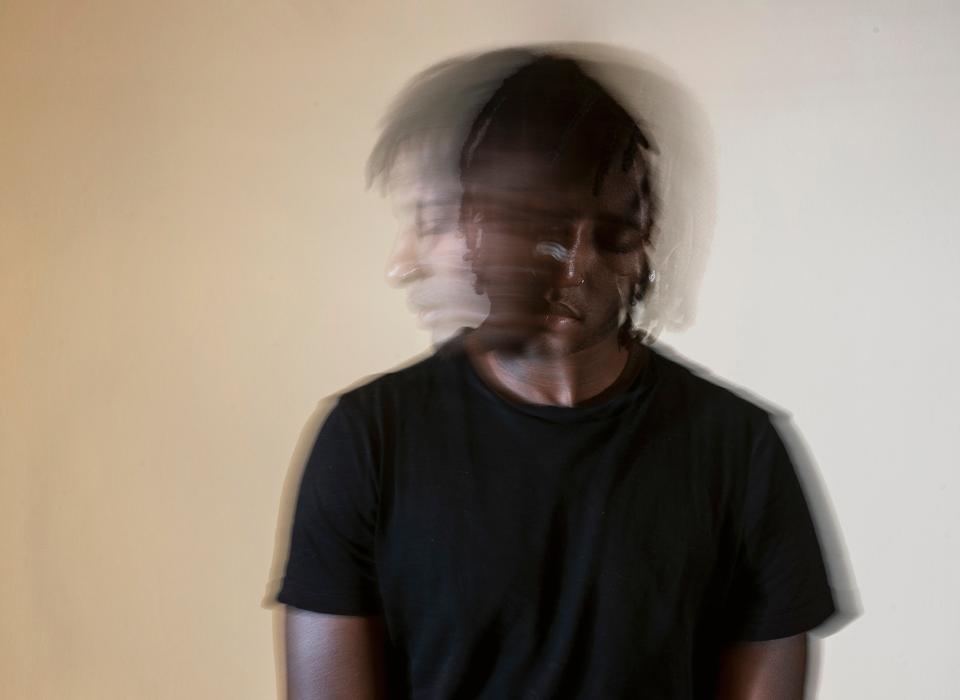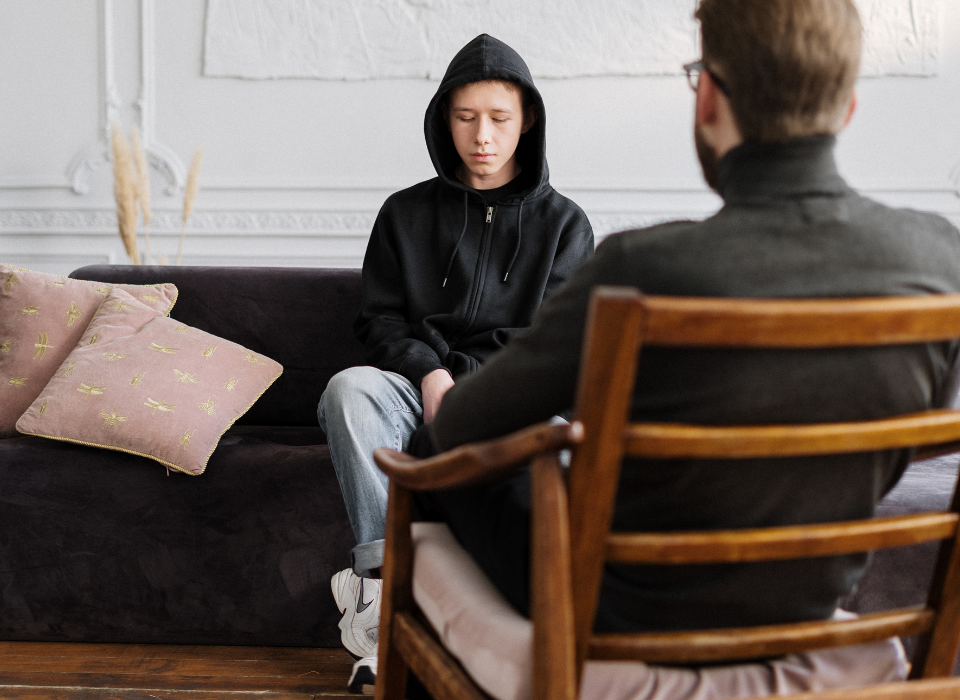
Breastfeeding and Mental Health: How Nursing Impacts a Mother’s Emotional Wellbeing
August 4, 2025
Back-to-School Anxiety: Understanding What Teens Are Facing
August 18, 2025
Body image refers to a person’s perception, thoughts, and feelings about their physical appearance. While it’s normal to have insecurities from time to time, persistent and distressing thoughts about one’s body can develop into a serious concern known as body image disorder. This condition goes far beyond disliking how you look—it can lead to a cascade of mental health and physical problems that significantly affect a person’s quality of life.
In this blog, we’ll explore what body image disorder really is, the common causes of body image issues, and how these struggles often lead to deeper mental health concerns and eating disorders. If you or someone you know is dealing with body image issues, it’s essential to understand the full scope of how this disorder can impact overall well-being.
What Is Body Image Disorder?
Body image disorder involves a distorted perception of one’s appearance, often accompanied by obsessive thoughts, compulsive behaviors, and severe emotional distress. At the same time, it shares similarities with Body Dysmorphic Disorder (BDD), which is a clinical diagnosis, and body image disorder can also manifest in individuals who haven’t been formally diagnosed but still struggle with how they view their bodies daily.
People suffering from this disorder may spend hours analyzing perceived flaws, avoid social situations out of embarrassment, or constantly compare themselves to others. Over time, these negative thought patterns can spiral into more severe psychological or behavioral issues.
Common Body Image Issue Causes
Understanding the causes of body image issues is key to addressing the problem at its root. Several internal and external factors can contribute to the development of body image issues:
- Media Influence: Unrealistic beauty standards portrayed in advertising, film, and social media can create unattainable ideals, especially for young people.
- Family and Peer Pressure: Comments or teasing about weight, appearance, or body shape from parents, friends, or romantic partners can leave lasting emotional scars.
- Cultural Expectations: Different cultures have varying standards of beauty, and not fitting into those ideals can lead to self-criticism and shame.
- Trauma or Abuse: Physical, emotional, or sexual abuse can significantly distort one’s perception of self and body.
- Mental Health Conditions: Anxiety, depression, and obsessive-compulsive tendencies can exacerbate body image concerns.
These causes often intertwine, reinforcing the idea that body image disorder rarely stands alone—it usually emerges from or leads to deeper issues.
When Body Image Issues Lead to Eating Disorders
One of the most common complications of body image disorder is the development of an eating disorder. Negative body image is considered one of the strongest predictors of disordered eating behaviors.
- Anorexia Nervosa: Characterized by extreme food restriction and weight loss, this condition often stems from an intense fear of gaining weight and a distorted perception of being overweight, even when underweight.
- Bulimia Nervosa: Individuals may engage in binge eating followed by purging (vomiting, excessive exercise, or laxative use) in an attempt to “undo” the eating. This cycle is often driven by shame and self-criticism related to body image.
- Binge Eating Disorder: While this disorder doesn’t involve purging, it includes episodes of uncontrollable overeating, often triggered by emotional distress tied to poor body image.
These conditions aren’t simply about food—they are deeply rooted in the desire to alter one’s body as a way of achieving acceptance, control, or self-worth.
The Mental Health Toll of Body Image Disorder
In addition to eating disorders, body image issues can lead to a range of mental health challenges, including:
- Depression: Constant dissatisfaction with one’s appearance can lead to hopelessness, isolation, and feelings of worthlessness.
- Anxiety: People may feel anxious in public spaces or avoid social situations altogether out of fear of judgment.
- Obsessive-Compulsive Behaviors: Some may develop compulsive habits such as mirror checking, body measuring, or excessive grooming.
- Low Self-Esteem: Body image disorder can erode self-confidence and make it difficult for individuals to form healthy relationships or pursue goals.
- Suicidal Thoughts: In severe cases, the emotional toll can be so overwhelming that individuals contemplate or attempt suicide.
Why Body Image Disorders Can Lead to Other Problems
But why exactly does something that seems to be focused on appearance lead to such significant mental health challenges?
The answer lies in how body image becomes entangled with self-worth. When a person starts to believe that their value is determined solely by their looks, they become vulnerable to destructive patterns of behavior and thought. External validation, social comparison, and perfectionism all contribute to reinforcing this mindset.
Additionally, body image disorder is rarely an isolated condition—it often coexists with unresolved trauma, low self-esteem, or underlying psychological disorders. As the individual attempts to control their body, what they’re usually trying to manage is internal emotional pain.
Seeking Help and Moving Toward Healing
Recognizing that body image issues can lead to more than just dissatisfaction is the first step in recovery. Treatment options may include:
- Therapy: Cognitive-behavioral therapy (CBT) helps reframe negative thoughts and reduce compulsive behaviors.
- Nutritional Counseling: A registered dietitian can help individuals build a healthier relationship with food and their body.
- Support Groups: Connecting with others who share similar experiences can provide validation and encouragement.
- Medication: In some cases, medication for anxiety or depression may be recommended as part of a comprehensive treatment plan.
Get Help Today
Body image disorder isn’t just about vanity or insecurity—it can be the gateway to severe emotional and physical health struggles. From eating disorders to depression and anxiety, the ripple effect of poor body image can be life-altering.
If you’re struggling with how you see your body, know that you’re not alone—and more importantly, it doesn’t have to stay this way. Understanding the body image issue causes and seeking help early can prevent a deeper descent into disordered thinking and behavior. Healing begins not with changing your appearance, but with changing how you perceive yourself.
_________________________________________________________________________________
Looking for treatment for an eating disorder, anxiety, depression, trauma, or postpartum mood disorder?
Evolve Counseling Services is a specialized team of Licensed Therapists providing treatment in Paoli.



